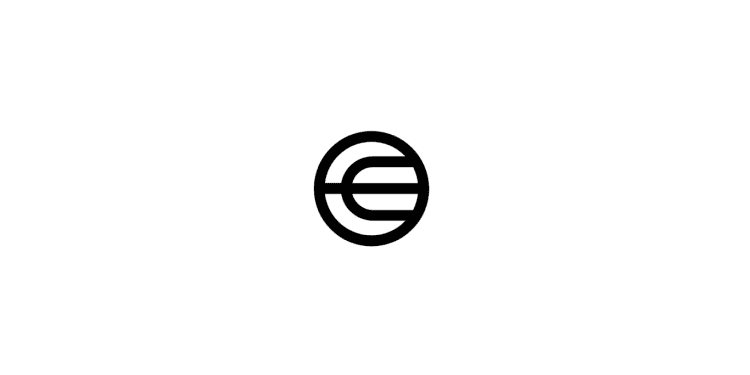- The recent rebranding of Twitter to “X” and Worldcoin token launch have incited an upsurge in phony accounts sharing harmful links.
- Despite Twitter’s policy on differently colored verification checks, fraudsters managed to secure a blue check mark for a monthly fee, adding credibility to their counterfeit profiles.
- Worldcoin’s project, ironically aimed at distinguishing humans from bots, has been impersonated, with malevolent accounts stepping up their activity since the token’s inception.
As the curtain lifted on July 24 for the introduction of the revamped Twitter, now known as “X”, and the unveiling of the Worldcoin human identity token, the platform has been besieged by an unsettling surge of fraudulent activity. Twitter’s metamorphosis and the Worldcoin release have provoked an unwanted side effect: a proliferation of counterfeit accounts sharing dangerous links.
The opinions about Twitter’s transition to “X” are as varied as they come. Nevertheless, the platform has stood firm on its new policy, implemented in December 2022 during Elon Musk’s tenure as CEO, allowing accounts to purchase or apply for varying colored check marks dependent on their nature.
Worldcoin, having entered Twitter in August 2009, and later being recognized with a golden check mark for businesses, has found itself to be a popular target of online impersonators. Strikingly, a multitude of bogus accounts parading the Worldcoin logo and variations of its name have appeared, with no less than seven boasting a blue check mark. This dubious status symbol, costing these tricksters $8 monthly, was obtained to lend credibility to their sham profiles. As of now, Twitter has managed to put the brakes on many of these posers pretending to drop the Worldcoin token onto unsuspecting followers.
These mimic profiles, created before Worldcoin’s token was even launched, have notably amplified their tweeting activity post-July 24. In an ironic twist, Worldcoin’s mission is to differentiate real users from automated bots by implementing retinal scans for identity verification. This initiative has seen an overwhelming response, with over 2 million sign-ups before its official launch, aiming at eventually capturing more than 2 billion users, ideally spanning the globe. According to Worldcoin co-founder Sam Altman, post token release, a new user is being authenticated “every 8 seconds” via iris scans globally.
Worldcoin: A Privacy Nightmare Looming?
Worldcoin’s identity verification process, involving retinal scans for biometric data, has sparked widespread concern among experts, including Ethereum co-founder Vitalik Buterin. The unique and unchangeable nature of biometric data presents significant privacy risks, with fears over who can access this sensitive information and for what purposes. Furthermore, security threats are intensified with the possibility of irreversible damage if hackers infiltrate the system.
Perhaps the most alarming aspect lies in Worldcoin’s centralized structure. A single entity controlling a global biometric database holds unprecedented power, which, if misused, could infringe on personal freedoms and autonomy. The ambition to establish a “Verified Human” system, intended to counter online fraud, seems to disregard the fundamental principles of privacy, security, and freedom in the digital era, raising important ethical questions.














